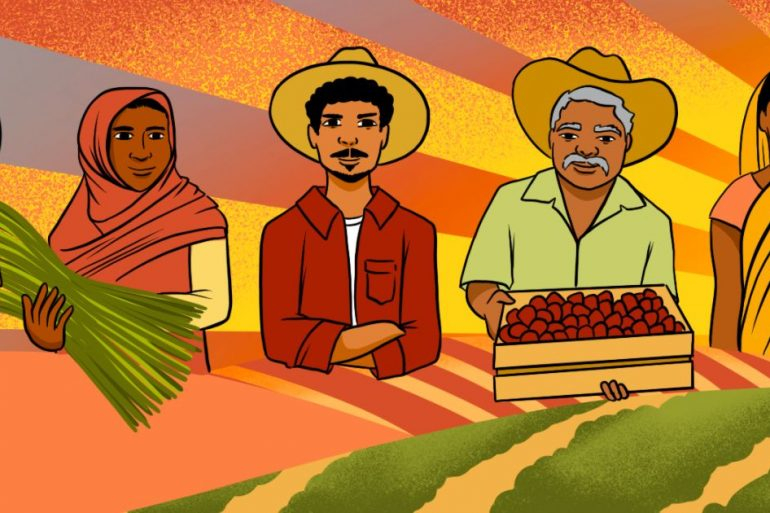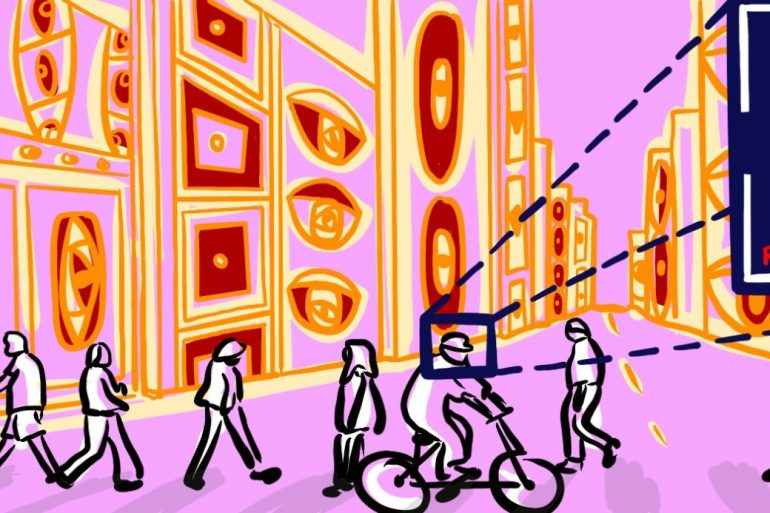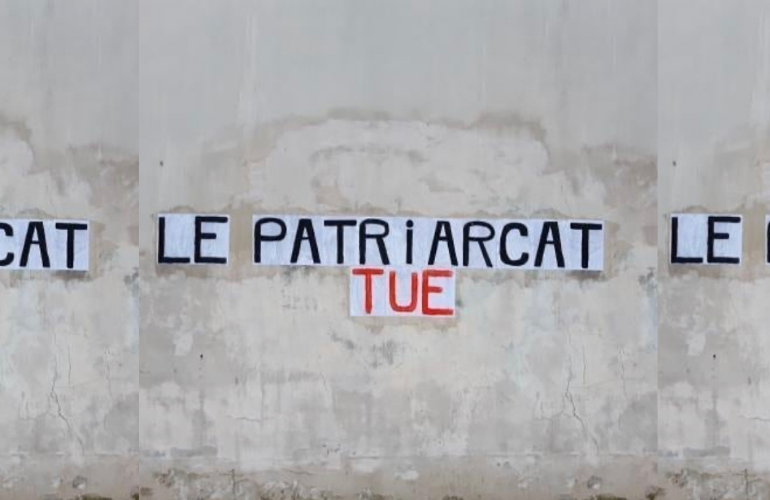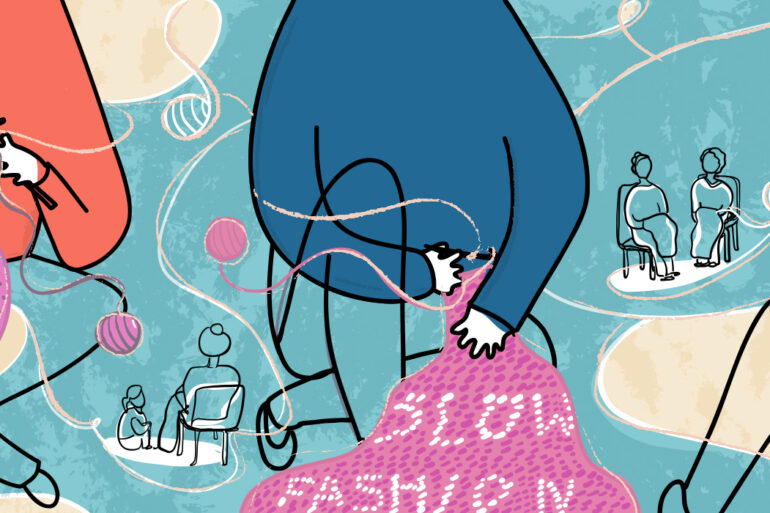In October 2019, student-led boycotts broke out in the capital of Chile following an increase in the Santiago subway fare. Students bypassed entry controls by way of protesting this financial burden which affected not only them, but large sections of the population. These boycotts escalated into demonstrations inside the metro stations, until the 18th October, when the so-called ‘social uprising’ began, with thousands of people joining the protests. This group had grown beyond just secondary school students and was now made up of thousands of Chileans ready to support this cause.
The reason? An accumulation of violations against the rights, property and dignity of ordinary citizens. Recent years have shown elaborate cover-ups and corruption at the hands of Chile’s government with business collusions and the inappropriate spending of state finances. Their self-interested actions have exposed them as a political class out of tune with the needs of the population.
Chile’s wealth distribution is one of the most unjust in the world. The pivotal train fare increase which sparked the protests, while only 30 pesos ($0,039 USD), became a symbol of this increasing inequality, and as such, caused the emergence of the largest cross country social mobilisation in Chile’s history.
The protests themselves became a symbol of a widening disparity between citizen and state, as protestors were continually met with severe repression by the armed forces. State Security Law was enforced and many protesters were imprisoned. On the night of 18th October 2019, looting, barricading, and rioting caused President Piñera to announce a state of emergency and a curfew for the entire metropolitan region by dawn the following day. In the following week, this lockdown spread throughout the country in cities including Valparaíso, Concepción, Puerto Montt, La Serena and Iquique. There were onslaughts of protests and demonstrations throughout the country: life was to get up and go out into the streets. The social scene was discontent.

What stood out the most was the absence of state leaders. It was the people who were the protagonists of these events, spurred on by their experiences of inequality and the resulting crisis in health, education, housing, transportation, culture, society and politics. It was a feeling; an accumulated legacy of injustice that generations of Chileans have endured – but now, they were resisting, with some even ready to give their lives to the cause. In the face of the extreme violence that took place at the hand of the armed forces, defiance reigned, with slogans reading: “We’ve lost everything, even fear.”
The social movement caused Chile’s people to unite behind a shared agenda. The people’s manifesto showed both the shared grievances of Chilean citizens and the total lack of awareness from their government about the true problems in the country. It was the beginning of a massive social and political uprising, widely supported by people across divisions of race and class, targeted at the political constitution of the state of Chile. While it is true that this issue had previously been brought into public debate it had never been so widely protested against and called into question so explicitly.
In October 2020, following a year of social upheaval, Chile saw an historic vote with an overwhelming majority of its citizens voting in favour of writing a new constitution through a convention. The current Chilean constitution is the Pinochet constitution, which has been the central organ of Chilean politics for more than 40 years. It has always been controversial and has allowed a dictatorship to structure Chilean society, shaping what and who we are as a people.
The Pinochet constitution was imposed in the context of the Pinochet dictatorship, a governance which was formed via a US-backed coup d’etat in 1973. This dictatorship was the protagonist of enormous damage in Chile’s history, wherein thousands of Chileans disappeared, were tortured and killed. In this climate of political violence, the constitution was established through an unjust voting system. This meant that the constitution was explicitly difficult to reform and allowed little participation from its citizens. It also guaranteed a subsidiary state over a state which upholds rights: it included the privatisation of sensitive areas such as water rights, mineral resources and the installation of profit in areas such as education and health. It also removed the government’s role in housing, as it’s deliberate non-mention leaves the sector open to the free market.
While the Pinochet constitution defends the freedom to work, it does not speak out for the right to do so. It protects freedom of association, but not trade unions. It ensures minimum pensions (today in amount, less than a minimum salary), but does not take care of the issue, dedicating the model to the Pension Fund Administrators, private organisations that do not provide sufficient increases). It also does not take responsibility for a range of issues including the protection of the environment or the recognition of native peoples, the Afro-Chilean tribal people and the rights of immigrants.
The attributions and powers that are given to the state and its organs must be redefined. This power must be re-directed towards a focus on Chilean citizens; opening spaces for political participation for everyone, preventing an elite from ruling. Topics such as gender parity and the tremendous diversity that exists today in Chilean society must also be addressed. The concept of human rights and dignity must be improved, as was repeated during the protests; we will not be satisfied “until dignity becomes customary.” People must be guaranteed their basic rights in terms of health, education, housing and work.
On 25th October of this year, the people spoke out through a plebiscite, with over 80% deciding that the Pinochet constitution needed to be overthrown. Chile’s new, reformed constitution will be decided upon via a Constituent Assembly; specially chosen citizens who represent different views and sensibilities. It will be a process of collective construction to implement what we want to be and how we want to grow as a society.
The constitution is the first step in creating a new way of inhabiting the country, remembering that many of the social problems are structural and the responsibility to change them not only falls to those who govern, but falls to every citizen. Action cannot end with this vote, rather institutions must be continually held accountable in order to ensure that dignity becomes customary.
Chile is not the only country that is rising up, rather, it reflects movements everywhere that are scrutinising governments who offer little to their people. These movements may have started in the streets, but it continues with every person who makes change to hold our government’s accountable. Our bodies and our voices are the true arena for action, and in this way, they are never far from the streets from where the protests began.

See more of Dionise’s work on their instagram














